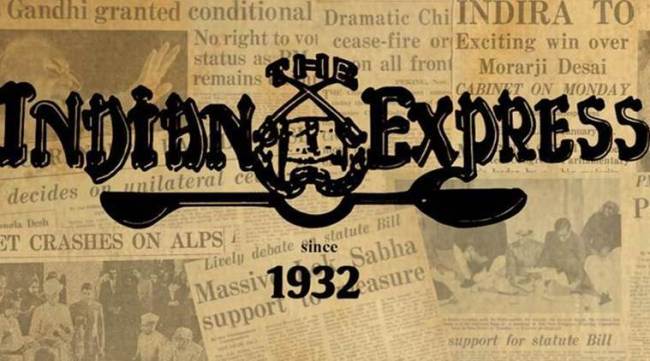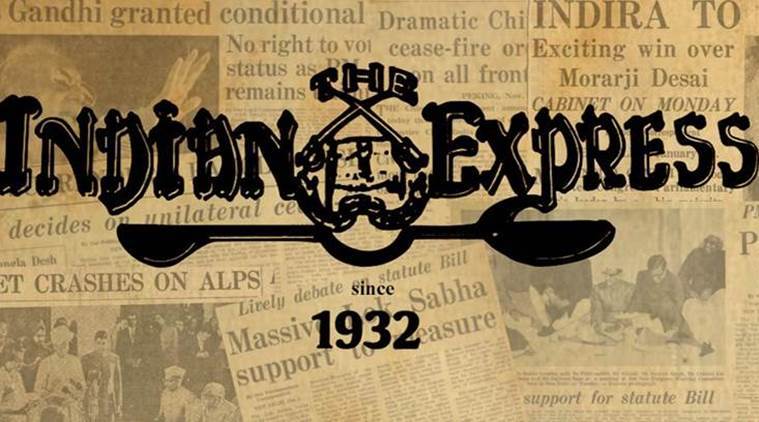Opinion The urban boost
In the Gujarat election results, the urban voter spoke with a distinctive voice. All parties must pay heed

 The BJP won 15 of the 16 seats in Surat, which saw big protests against the GST
The BJP won 15 of the 16 seats in Surat, which saw big protests against the GST
The BJP’s sixth successive win in Gujarat was powered by its exceptional showing in the state’s four major cities: The party won 46 of the 55 assembly seats in Ahmedabad, Surat, Vadodara and Rajkot. Elsewhere, in 127 seats, it lagged behind the Congress, winning 53 seats to the latter’s 71. The BJP’s winning margin on an average in these seats also rose — from 37,905 votes in 2012 to 44,295 votes — while it sagged in the rural seats it took home. Evidently, demonetisation and GST, two initiatives of the Narendra Modi government that seemingly hurt the business and trading communities, did not make a dent in the support for the BJP in Gujarat’s cities. For instance, the BJP won 15 of the 16 seats in Surat, which saw big protests against the GST.
Clearly, the BJP managed to consolidate its position in urban areas even as anti-incumbency hurt its chances in the villages. Does this indicate that a party with a substantial urban vote can win a state without support from rural areas? Perhaps not. Gujarat is among India’s most urbanised states, where cities have a substantial say in deciding political outcomes. However, in a rapidly urbanising India, it is safe to say that urban seats are increasingly acquiring a distinct political dynamic, different from the pulls and pressures in rural constituencies.
While caste and communal equations play a role, issues like infrastructure may have a bigger influence on voting preferences in the cities. The large middle-class that emerged in the 1990s has created new currents in politics. Older forms of state patronage are insufficient to satisfy this section, which is more impatient, dreams bigger. For the moment, it would seem that the BJP is better placed to tap the energies of this influential, ambitious segment of the population. Prime Minister Modi’s pitch on big infrastructure, wealth generation and projection of India as a potential global power seamlessly feeds into the aspirations of the emerging urban vote bloc.
However, no party is in a position to relegate or ignore the concerns and faultlines of rural India. Union Finance Minister Arun Jaitley acknowledged this when he spoke about his party’s need to study the farm crisis. Moreover, the politics of aspiration can be double-edged — for instance, jobless growth can turn the tide against the ruling party.
The BJP faced it in 2004, when urban areas preferred the Congress. As the election bandwagon moves to Karnataka and Tripura next year and later, to Rajasthan, Madhya Pradesh and Chhattisgarh, the BJP and Congress may face an entirely different set of challenges.





